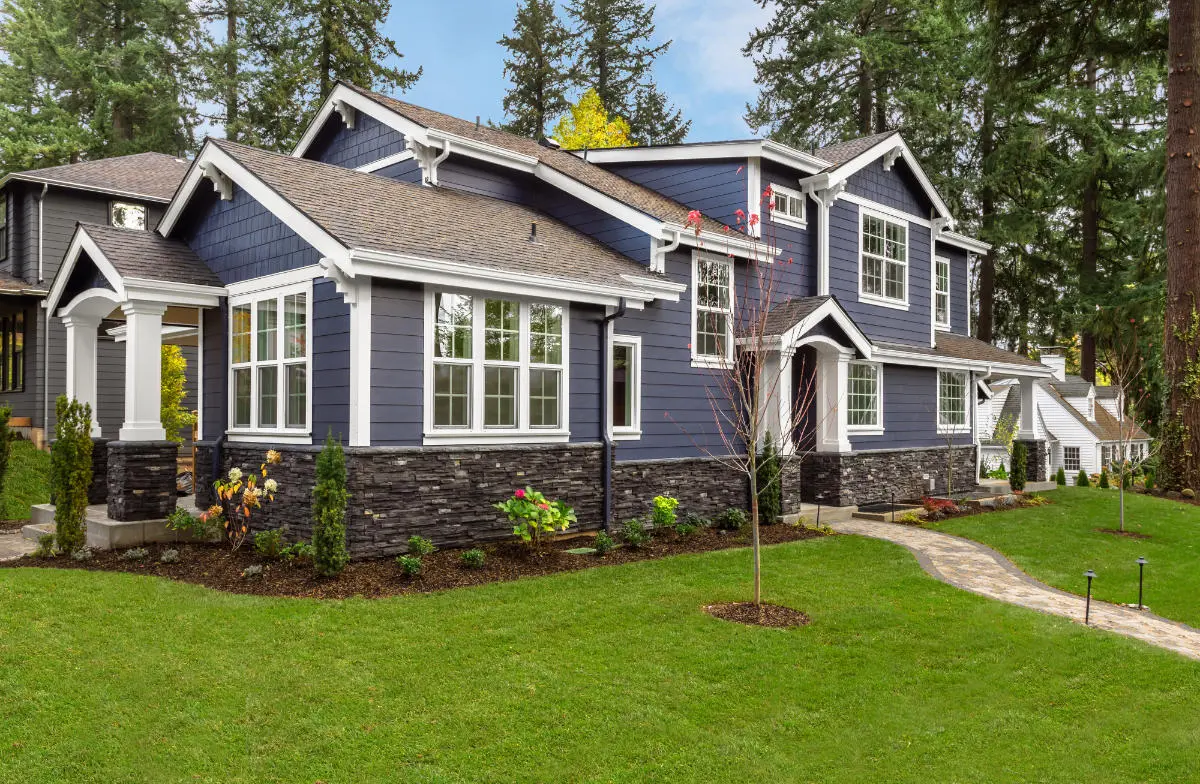Home Ownership and Divorce – Family Law~3 min read
In many divorces, the party’s main asset is the marital home. Therefore, one of the questions we hear the most in family law is “what’s going to happen to my home?” For some, this is a purely financial question. For others, there is a great deal of emotional attachment with concerns about the party’s children and their own future living arrangements. For most, the parties generally agree that there should be equal division as equitable compensation, but the question is how that is accomplished. This blog post will cover the parties’ options in dividing the marital home.
Option 1: Sell the Home
This is the “cleanest” option and allows both parties a fresh start, as well as provides the most financial return to each party. If neither spouse wants to stay in the home, or neither spouse can afford to stay in the home, the only option the party has is to sell the property. Typically, the parties will try to set the terms to avoid confrontation and further conflict as much as possible, including deferring decision making to a third party (such as realtor) for things like marketing the property and preparing for sale.
Option 2: Buyout
This option is usually reserved for a party that wants to remain in the home. A buyout is a longer process. However, a buyout will provide some comfort to a party that can afford to remain in the house, while offer the other party a clean break and financial recompense. Typically, Courts will allow one party to buy the other party out pending an evaluation of the property (appraisal, current market analysis, etc.). If the buyout fails, the Court will require the home to sold.
A buyout typically requires a home refinance of some kind. The most common scenario is a refinance of the mortgage plus the vacating party’s share of equity. This provides the vacating party with a lump sum payment they can use for expenses of invest in a future home, retirement, etc. while removing the financial obligation of the home. There are other scenarios as well. A family law attorney will help set up timelines for refinance in the final decree, refer you to other professionals that can help with refinance, and make sure that there is proper protection in the event a buyout fails (potentially including the opportunity to buyout the initial refinancing party).
Option 3: Other Options
Sometimes there are practical concerns that the parties have that make a sale or a buyout difficult or burdensome in the short term. You will want to talk about the specific facts with your attorney, but typically both parties will need to be on the same page to accomplish something other than a sale or buyout. For example, if the parties are concerned about their minor children, the parties could delay the sale or buyout until the minor children reach the age of majority. Another option is co-ownership for a predetermined amount of time. This will need to be clearly defined as the parties will no longer be married. Again, while these are recommended in most situations, some fact patterns in family law are quite unique.
During an initial consult, you will want to ask about your home if you own one. The attorney should give you an honest review of the situation to best set your expectations. The family law attorneys at Parnell, Michels & McKay found will do our best to provide you with a realistic assessment as to what solutions are possible for your home. If you are considering divorce, we are experienced in providing both the necessary legal advice and practical guidance If you are interested in learning more about how your home would be treated in the event of divorce, please contact us to learn more.
We have 2 office locations: 25 Nashua Rd., Suite C5, Londonderry, NH 03053. Phone number is (603) 434-6331. Our 2nd office is at 137 Main St., P.O Box 669, N. Woodstock, NH 03262. Phone number is (603) 745-8600.
Our firm blends advocacy oriented practice with effective practical solutions for all our clients in Londonderry, N. Woodstock, and throughout New Hampshire. The attorneys at Parnell, Michels & McKay provide effective representation and counseling to assist our clients facing legal questions. We simplify the process so our clients can understand and are able to participate as partners in the resolution.
Our practice includes personal injury law such as motor vehicle accidents, falls, dog bites, workers compensation, social security disability, and other injuries.
We also practice family law, including divorce, post-divorce, unwed custody and property division, and collaborative divorce, and have extensive experience in bankruptcy, probate, boundary disputes, estate planning, corporate formation and other real estate litigation.















